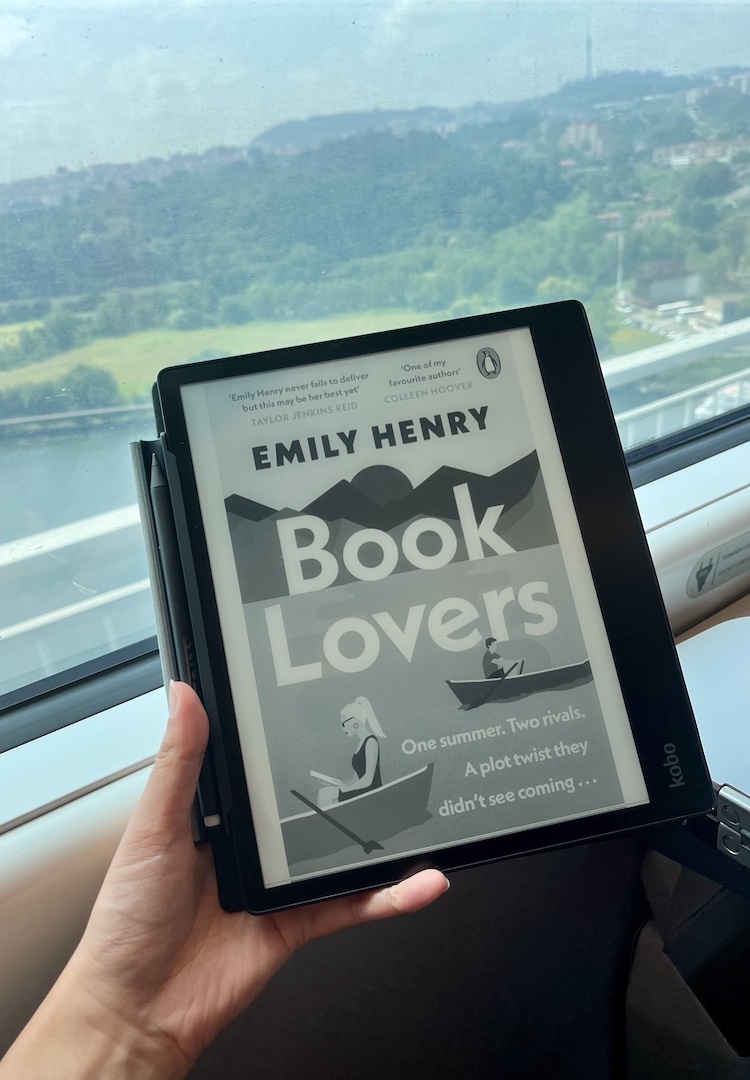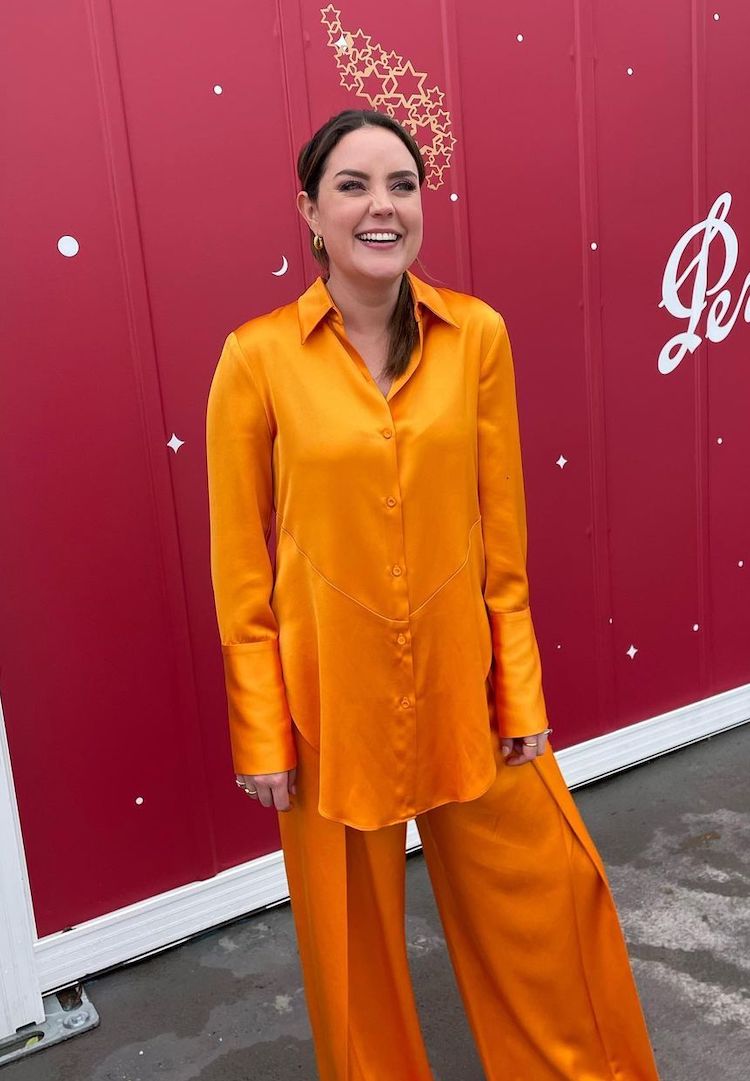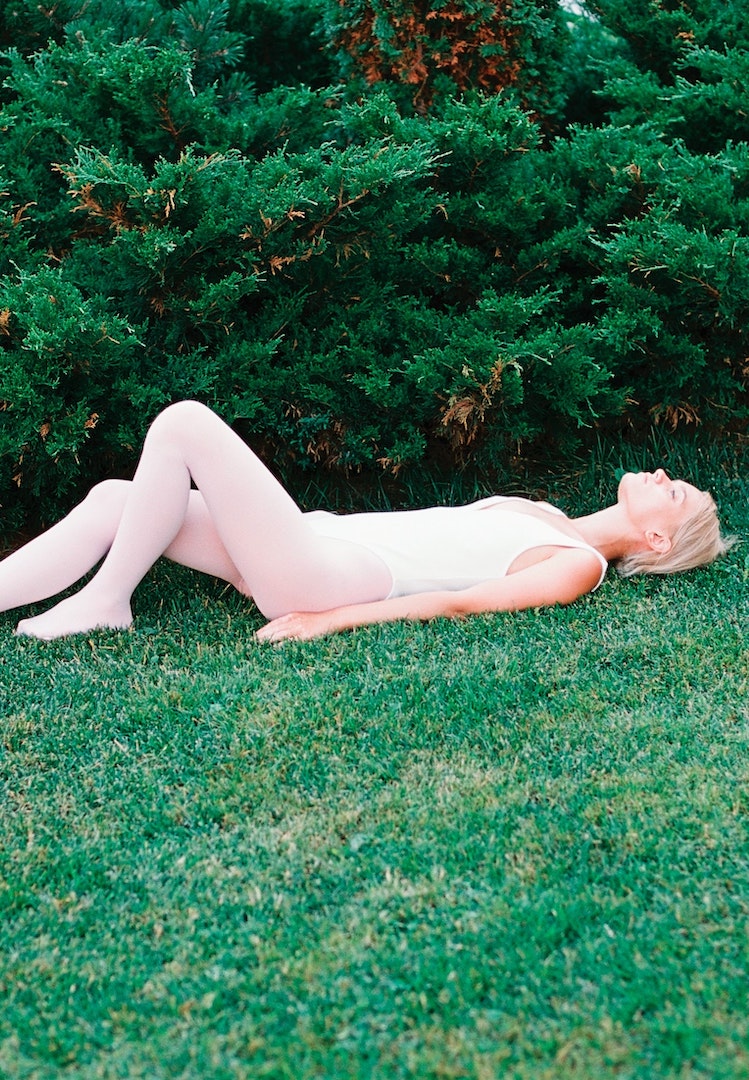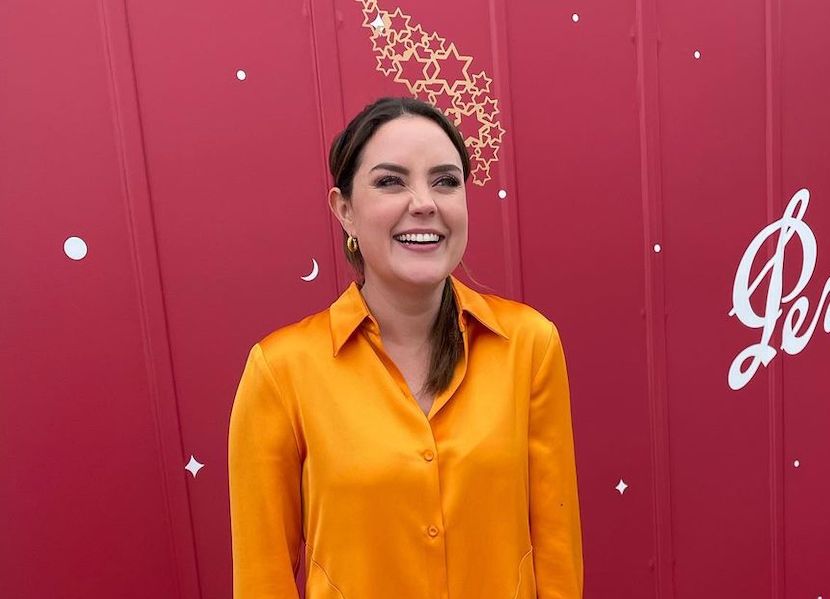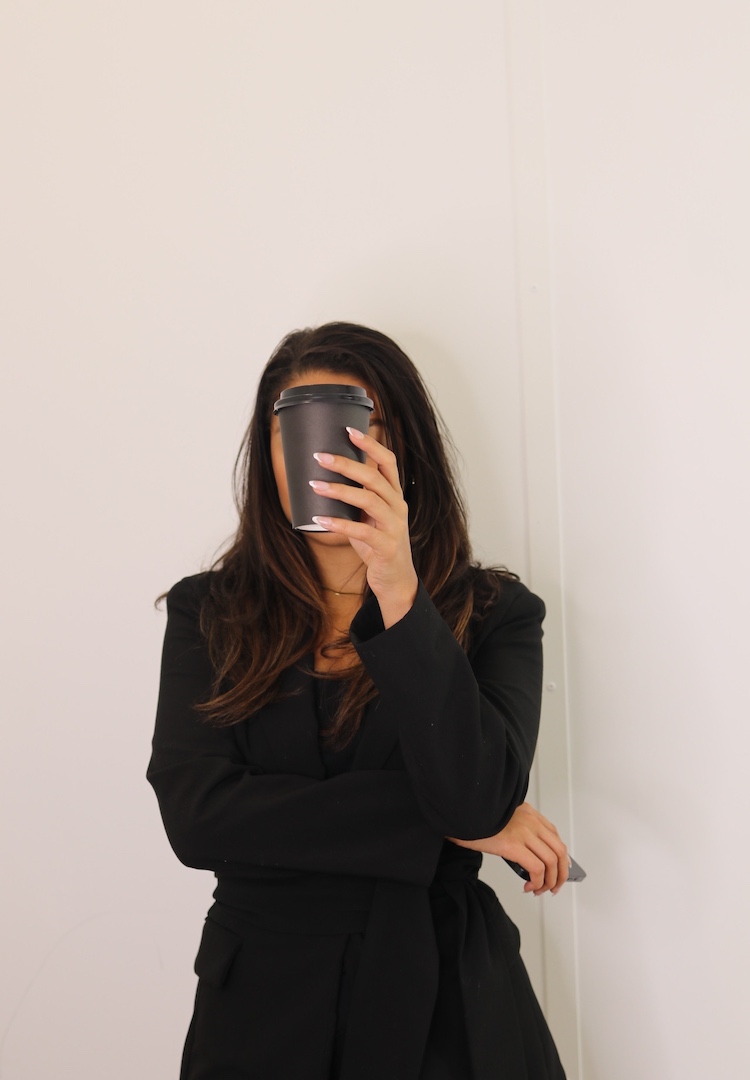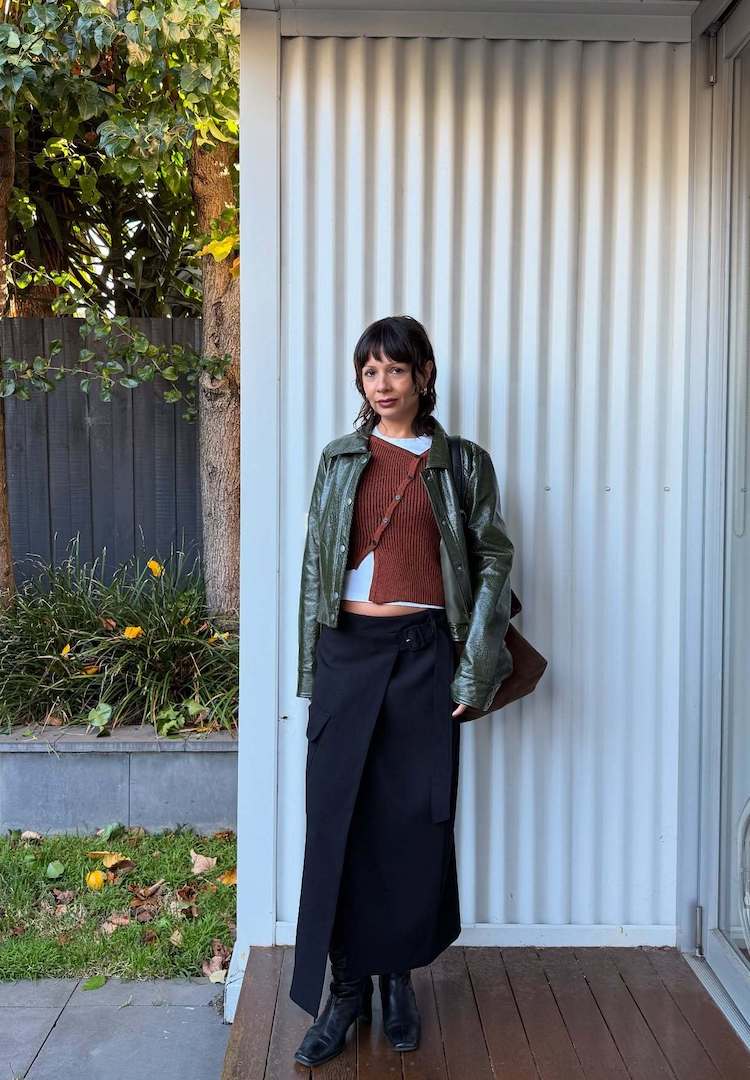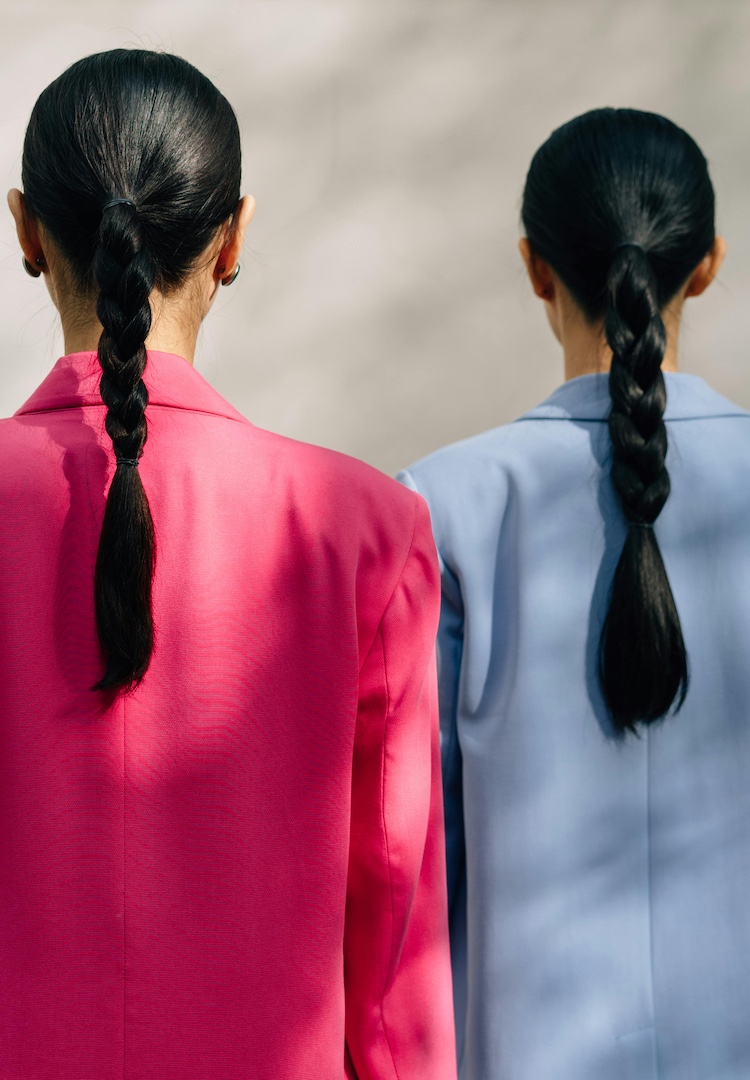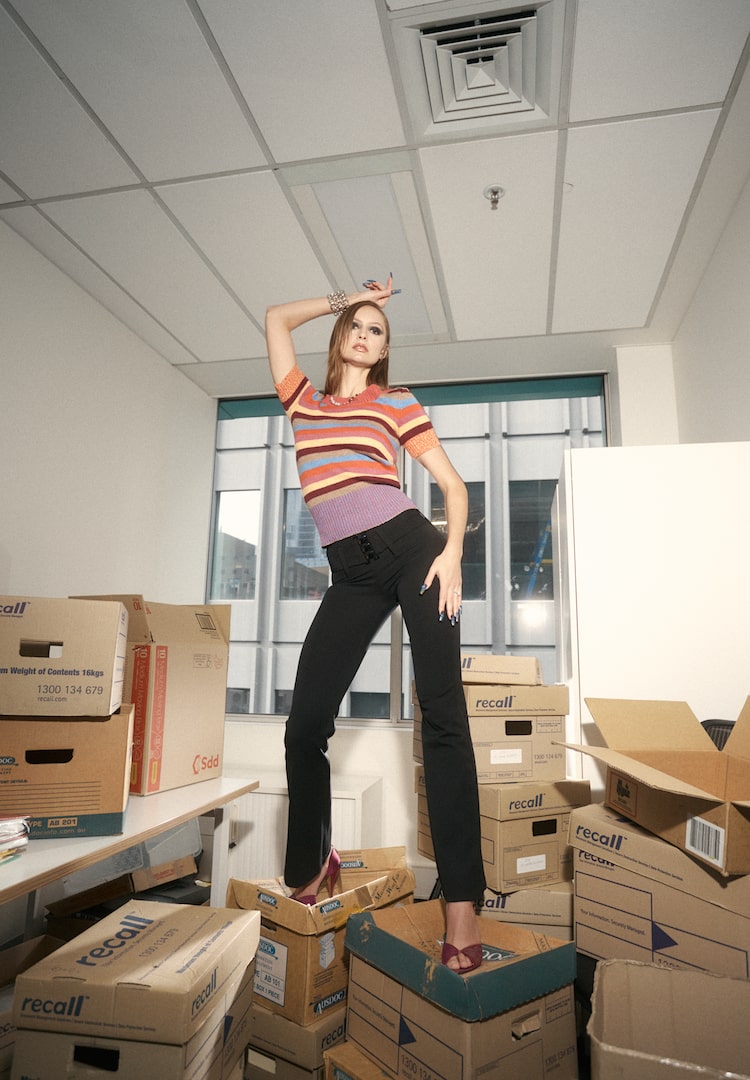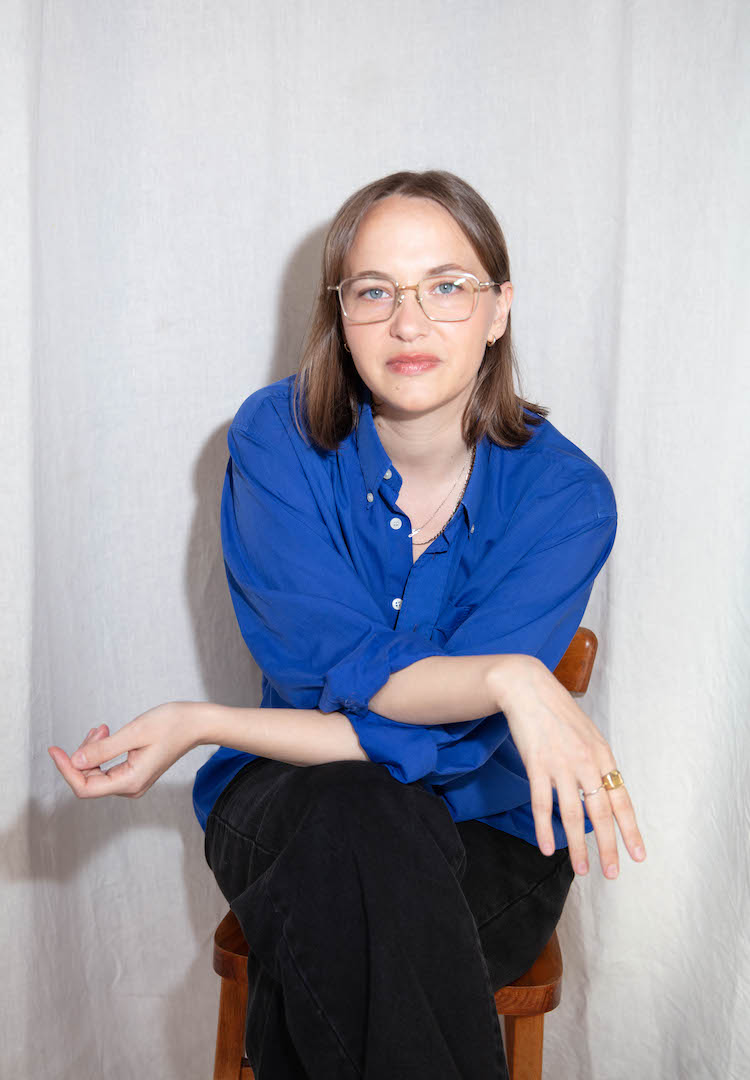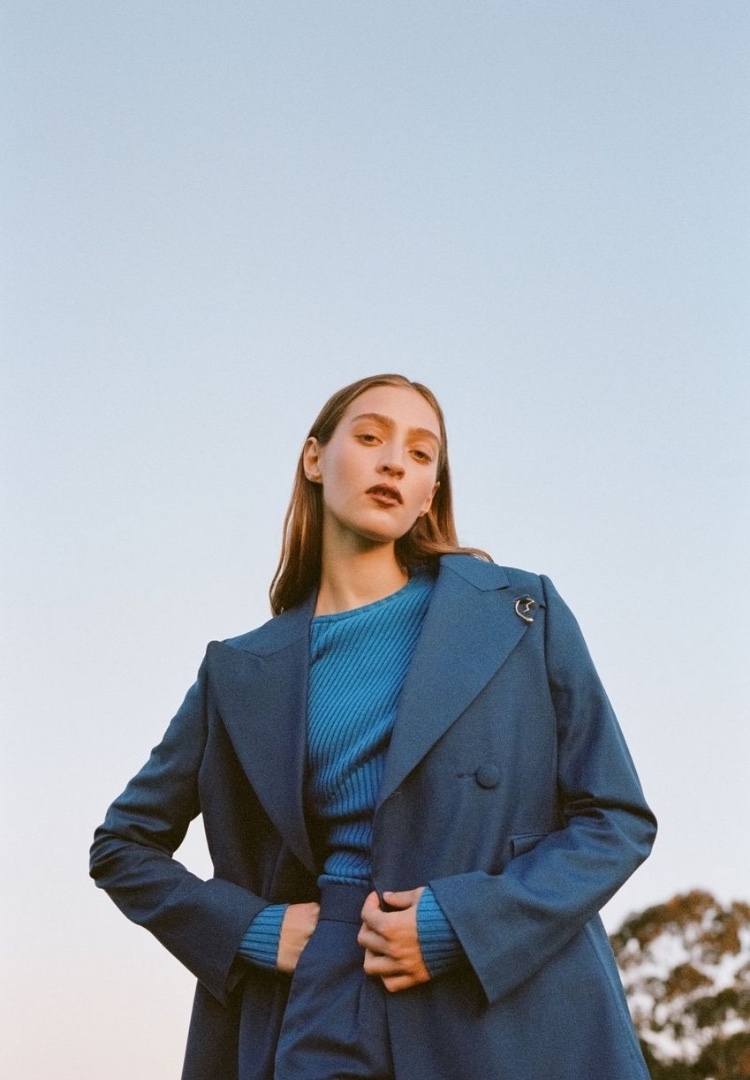How I Got Here: The Project’s Georgie Tunny on putting your hand up for every opportunity
IMAGE VIA @GEORGIE_TUNNY/INSTAGRAM
WORDS BY IZZY WIGHT
“It’s so important to advocate for yourself and have a strong sense of self in this industry.”
Have you ever stalked someone on LinkedIn and wondered how on earth they managed to land that wildly impressive job? While the internet and social media might have us believe that our ideal job is a mere pipe dream, the individuals who have these jobs were, believe it or not, in the same position once, fantasising over someone else’s seemingly unattainable job.
But behind the awe-inspiring titles and the fancy work events lies a heck of a lot of hard work. So what lessons have been learnt and what skills have proved invaluable in getting them from daydreaming about success to actually being at the top of their industry?
Looking for a new 9 to 5? Head to our Careers page for new listings daily.
Welcome to How I Got Here, where we talk to women who are killing it in their respective fields about how they landed their awe-inspiring jobs, exploring the peaks and pits, the failures and the wins, and most importantly the knowledge, advice and practical tips they’ve gleaned along the way.
This week we speak to Georgie Tunny, a host and reporter on Network Ten’s The Project. Growing up, Georgie “always knew” she wanted to tell stories, and pursued a career in sports journalism after high school. She landed an internship for women in sports broadcast, and has been working her way up “from newsroom to newsroom since then”.
While hustling as a producer and presenter, it was Georgie’s communication skills, kindness and willingness to learn that landed her a spot as a full-time reporter and regular host on The Project. Here’s what she learnt along the way.
What do you do and what’s your official job title?
I’m a host and reporter on Network Ten’s national television program, The Project. We work incredibly hard to bring the nation the biggest (and smallest) news and current affairs stories – in an engaging and understandable way. I co-host the show with the most fabulous and dreamy (he’ll hate that I’ve described him like that) Hamish Macdonald on Fridays and spend the rest of the week shooting feature stories, interviewing celebrities and creating social media content.
Take us back to when you were first starting out. Did you study to get into your chosen field, or did you start out with an internship/entry-level role and climb the ladder? Tell us the story.
View this post on Instagram
I always knew I wanted to tell stories – I loved writing when I was in primary school – and I decided pretty early (I think I was in year seven) that I wanted to be a sports journalist. So, I did a dual degree in journalism and arts at the University of QLD and majored in political science and film and television studies (as backup plans in case I couldn’t get into the sports field).
In the weeks leading up to graduating, I remember having a freakout about what I was going to do and started stalking the ABC Careers page… [I] ended up applying for an internship and got it! It was a specific ‘women in sports broadcast’ position (I know, unbelievably perfect!). I moved to Sydney two weeks later and have worked my way up from newsroom to newsroom since then.
I ended up working in a 24-hour newsroom as a producer and presenter for over four years before moving to Melbourne for a role with ABC News Breakfast (four years of 2am starts!)… the chief talent scout for The Project happened to be watching one morning and slid into my Instagram DMs asking if I’d like to be on the show. I never thought I’d one day end up working full-time for the program (I was a huge fan and watched it every night growing up), but here I am!
What challenges/hurdles have you faced getting to where you are now? Can you tell us about one in particular?
Being a woman in sports media is tough. You are constantly fighting to be taken seriously and have an authoritative voice in the field – but in my personal experience, my gender has been very helpful in progressing my career.
I was part of the ‘new wave’ of female sports broadcasters that were presented [with] opportunities because bigger media corporations were investing more time, money and training into women (rightfully so!). Despite this, I still get asked daily if I “Even like sport?” – which I guarantee my male colleagues never get interrogated on.
View this post on Instagram
I think the biggest barrier I’ve faced in the media industry is my age. I’ve always been the youngest in any newsroom or studio (it’s only been recent that I’ve realised this isn’t the case anymore, and it has honestly sparked a borderline existential crisis! How am I 32 already?). I’ve been able to achieve a lot when I was very young and early on in my career.
Because of this, I would be overlooked for lots of opportunities because I didn’t have the ‘experience’… but then I would apply for the jobs to get me the experience and I wouldn’t get them either. I was told constantly it “wasn’t my time yet”. I found that incredibly frustrating. But I kept putting my hand up for any and every opportunity, regardless. Sometimes you do have to be the squeaky wheel.
What do you want people to know about your industry/your role?
It’s so important to advocate for yourself and have a strong sense of self in this industry. I’m a people pleaser. And that has meant my boundaries between work and life for much of my career have been either blurred or nonexistent. And that isn’t healthy.
It’s also essential to build a core group of really supportive friends (in and out of the media). Live TV can be an incredibly stressful situation, so trust between your co-presenters and producers and directors behind the scenes is paramount… as is having friends who are in completely different fields who can help you stay grounded.
What’s the best part about your role?
Honestly, the people I meet… be it my coworkers who I adore, celebrities I grew up fangirling over, or the wonderful humans I get to chat with during feature stories and interviews. I still pinch myself. It’s a very humbling experience, holding space for someone so they can talk about the happiest, saddest, most traumatic or most fun part of their lives. I take it very seriously.
What would surprise people about your role?
View this post on Instagram
Television isn’t always glamorous, especially working in 24-hour newsrooms or breakfast television. It’s a lot of shift work and crazy hours, most of the time with little ‘perks’. I think journalists see their work as a part of themselves – intrinsically linked to their sense of worth and identity. Sometimes, that opens you up to being an automatic ‘yes’ person. And if that is your attitude for a sustained part of your career, you are super susceptible to burning out.
What skills have served you well in your industry?
I worked in retail throughout high school and all through university – as a sales assistant, bra stylist and swimwear seller – and honestly, it helped hone my communication skills more than any lecture or tutorial. Working in shopping centres, you engage with people from all backgrounds and learn how to read body language very quickly. Also, empathy. I’m an incredibly empathetic person, which makes me an excellent interviewer.
What advice would you give to someone who wants to be in a role like yours one day?
Stay kind. Yes, you must be competent across a lot of areas to ‘make it’ in the media sphere, but above all make sure you stay kind and be a good human – you work too closely with your team on any kind of production to be a diva or dickhead.
What about a practical tip?
View this post on Instagram
Always watch yourself back. If you’d like to be a broadcast journalist on television or radio or a podcaster, it’s imperative to listen to/watch your stories or bulletins back. It’s the best way to learn.
It is very cringy at times, but you soon get over listening to the sound of your own voice and can constructively criticise/praise your performances. I haven’t found a better tool for honing my broadcast skills. Also, learn everything. It pays to be hands-on, so learn how to edit, write, produce – all of it.
Read the rest of the How I Got Here series here.
Looking to step up to a career in media? Each week we send a wrap of industry jobs straight to your inbox. Enter your details below and we’ll keep you in the loop, or browse current openings here.

